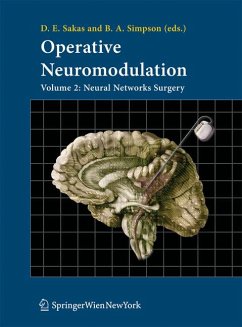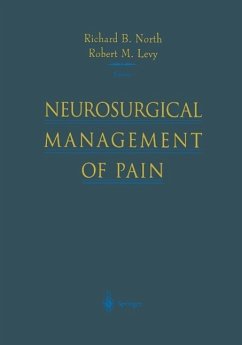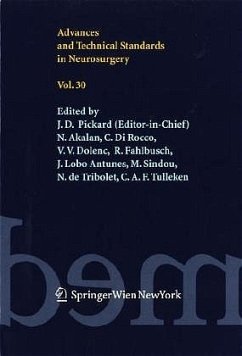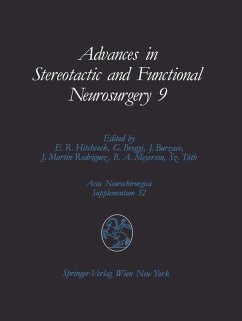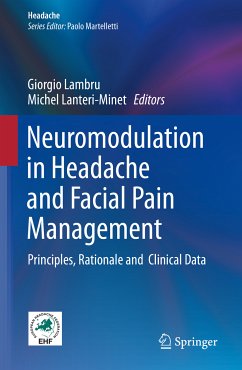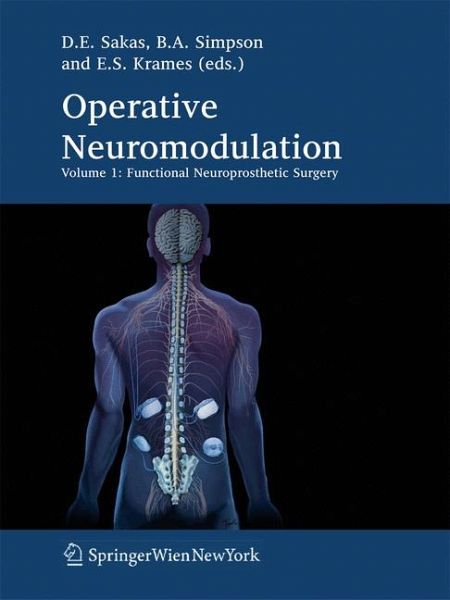
Operative Neuromodulation (eBook, PDF)
Volume 1: Functional Neuroprosthetic Surgery. An Introduction
Redaktion: Sakas, Damianos E.; Krames, Elliot S.; Simpson, Brian
Versandkostenfrei!
Sofort per Download lieferbar
167,95 €
inkl. MwSt.
Weitere Ausgaben:

PAYBACK Punkte
84 °P sammeln!
Neuromodulation is a rapidly evolving multidisciplinary biomedical and biotechnological field. The two volumes present the state-of-the-art in established and emerging applications for pain, spasticity, movement disorders, bladder and bowel dysfunction, cardiovascular disease, epilepsy, psychiatric illness, impairment of hearing and vision, and computational neuromodulation. Experts describe the neural networks involved and the appropriate surgical approaches, provide clinical guidelines, technical descriptions of implanted devices, proposals for refinements and personal views on future prospe...
Neuromodulation is a rapidly evolving multidisciplinary biomedical and biotechnological field. The two volumes present the state-of-the-art in established and emerging applications for pain, spasticity, movement disorders, bladder and bowel dysfunction, cardiovascular disease, epilepsy, psychiatric illness, impairment of hearing and vision, and computational neuromodulation. Experts describe the neural networks involved and the appropriate surgical approaches, provide clinical guidelines, technical descriptions of implanted devices, proposals for refinements and personal views on future prospects of the field. The immense therapeutic potential is highlighted which arises from the close collaboration of biomedical scientists and biotechnological engineers in this area and signifies the transition from the conventional "resective" surgery to functional neuroprosthetic surgery (Vol. I) and neural networks surgery (Vol. II) which uses neuro-engineering to improve impaired neural function.
Volume I describes techniques and procedures applied in internal contact with non-neural tissues surrounding the nervous system (dura or cerebrospinal fluid), as in the case of epidural stimulation for pain, etc. or intrathecal drug application for the treatment of spasticity and pain. There is also a special section on non-invasive functional neuroprosthetic systems, which are usually applied by transcutaneous contact with the nervous system.
Volume I describes techniques and procedures applied in internal contact with non-neural tissues surrounding the nervous system (dura or cerebrospinal fluid), as in the case of epidural stimulation for pain, etc. or intrathecal drug application for the treatment of spasticity and pain. There is also a special section on non-invasive functional neuroprosthetic systems, which are usually applied by transcutaneous contact with the nervous system.
Dieser Download kann aus rechtlichen Gründen nur mit Rechnungsadresse in A, B, BG, CY, CZ, D, DK, EW, E, FIN, F, GR, HR, H, IRL, I, LT, L, LR, M, NL, PL, P, R, S, SLO, SK ausgeliefert werden.



